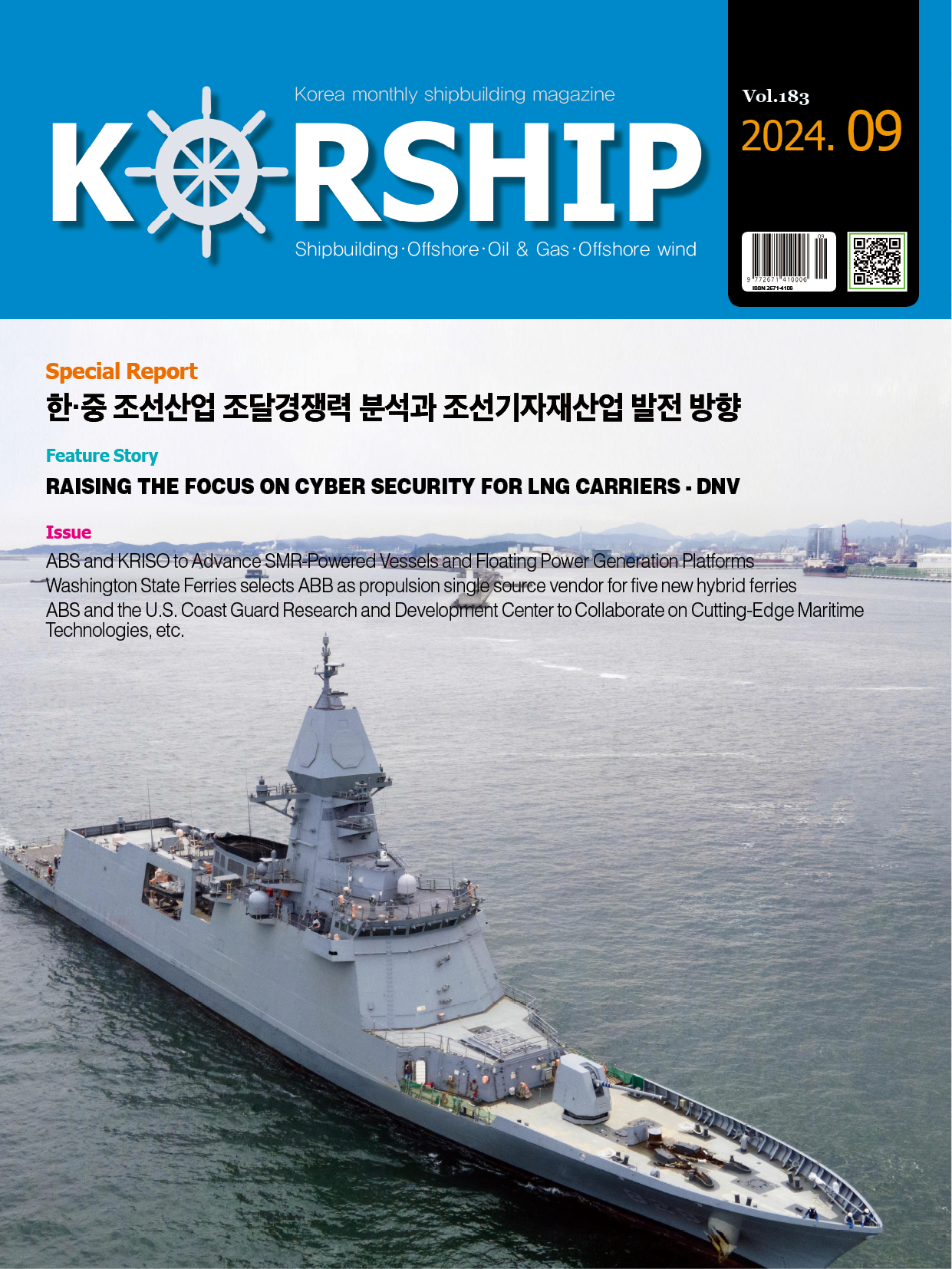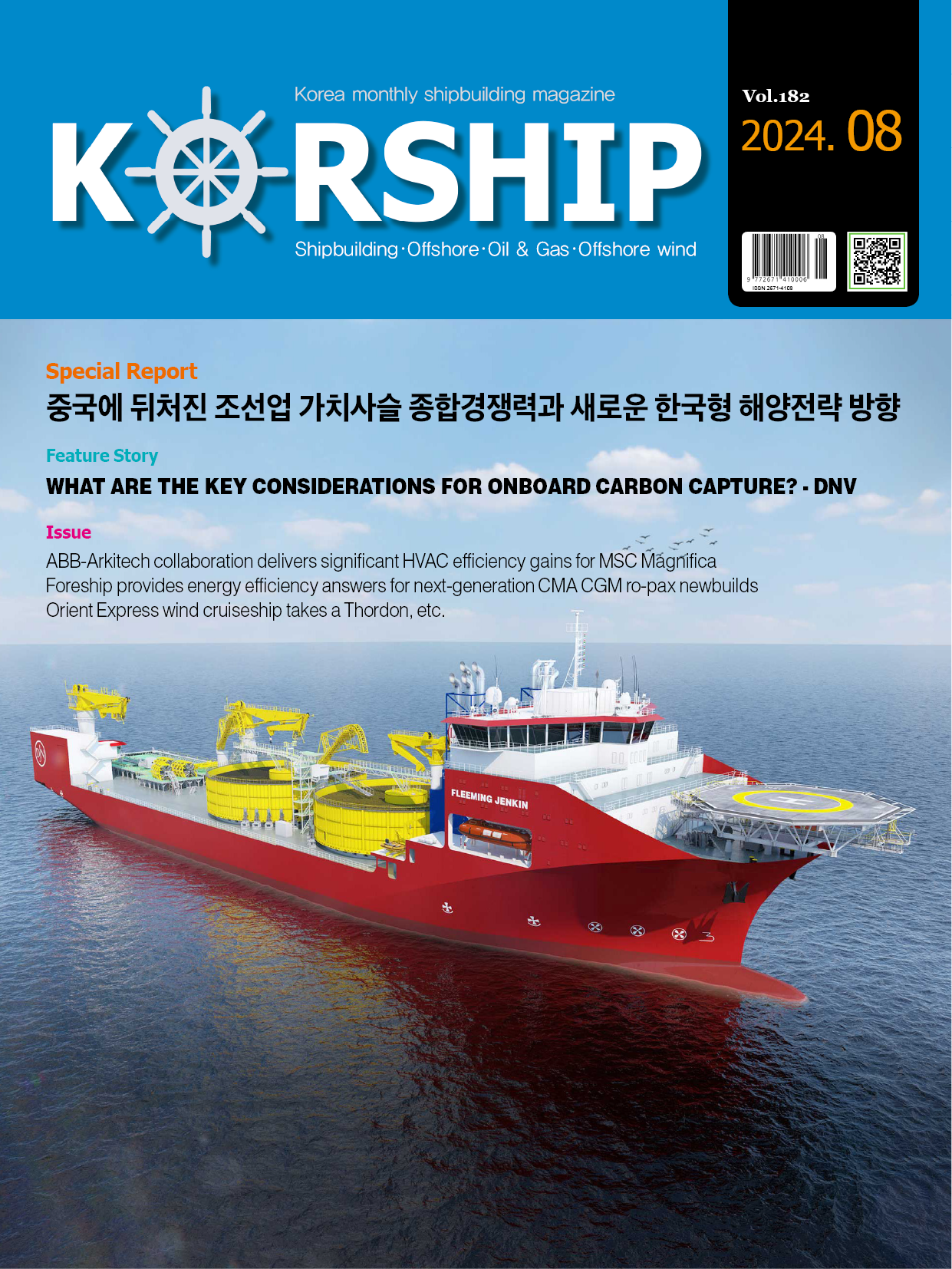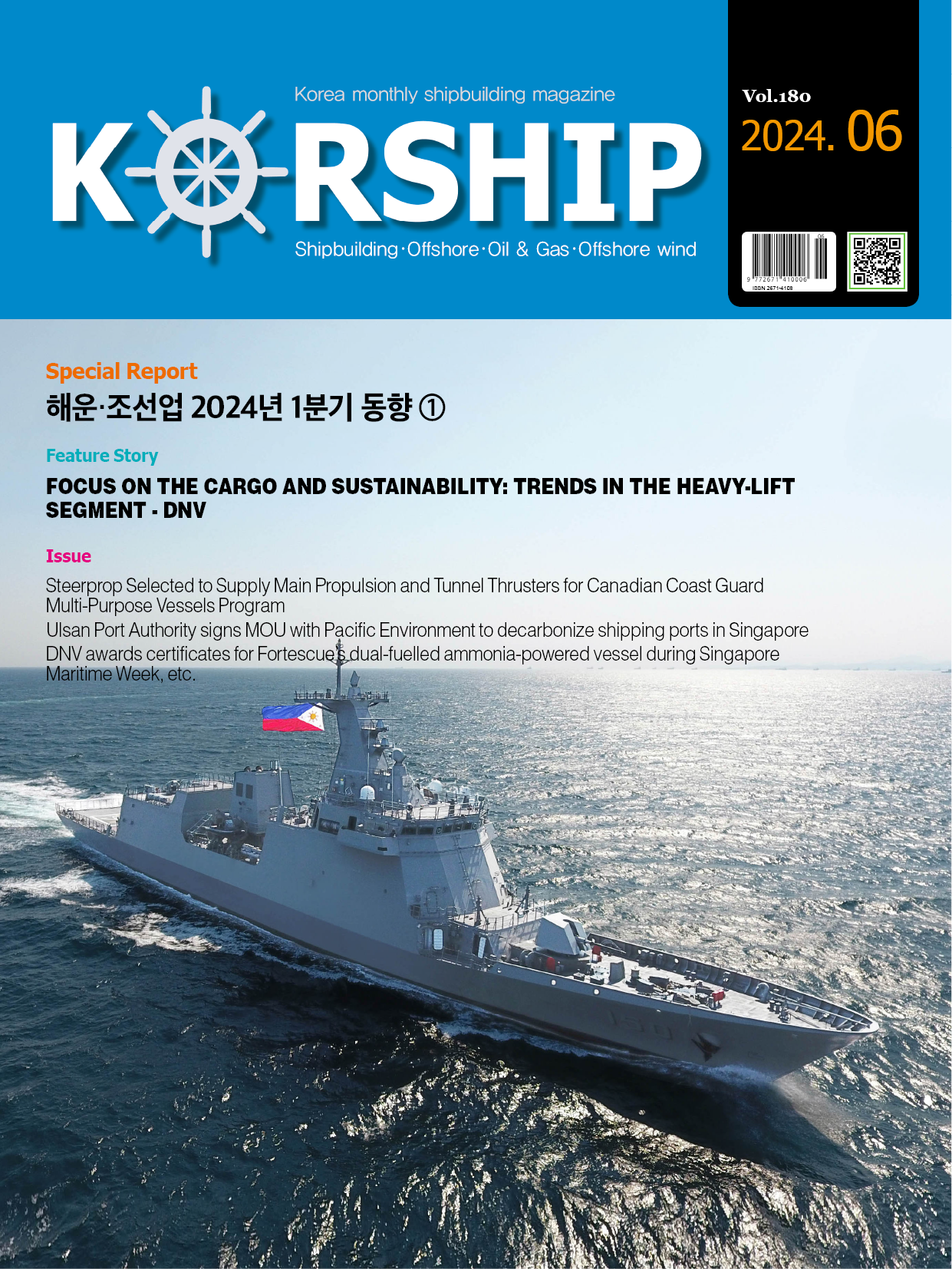Issue ClassNK joins major classification societies by amending rules for sea…
페이지 정보
작성자 최고관리자 댓글 0건 조회 1,338회 작성일 23-10-17 17:32본문
Nippon Kaiji Kyokai(ClassNK) has joined the major classification societies to amend its rules relating to the inspection of seawater-lubricated propeller shaft systems.
The amendment means that ships with open seawater-lubricated propeller shafts that are built to ClassNK rules are subject to the same 15-year shaft withdrawal inspection periods as oil-lubricated shafts and sterntubes, subject to monitoring criteria.
The announcement brings ClassNK’s requirements in line with those of other large class societies, including Lloyds Register(LR), the American Bureau of Shipping(ABS), Det Norske Veritas(DNV), Bureau Veritas(BV) and the China Classification Society(CCS), which have already stipulated 15-year or longer intervals between inspections, some of them since 2016.
Thordon Bearings is one of the companies that has supported calls for industry-wide standardization of extended shaft withdrawals for seawater-based lubrication solutions that are now comparable to sealed oil lubricated systems.
While the risk of shaft corrosion in open seawater-based systems was historically a concern with first-generation bearings, leading some classification societies to continue demanding enhanced inspection regimes, new materials and technologies mean seawater-based systems can exceed the performance and reliability of their oil-based counterparts.
As the global leader among seawater-lubricated propeller shaft bearing manufacturers, Thordon Bearings has concentrated over 40 years of research and development to produce a solution proven to be more in line with the decarbonization movement of the 21st century than its antiquated oil-lubricated cousin.
In addition to the amendment regarding the inspection of seawater-based propulsion systems, Class NK has also updated several other requirements. These include new formulae for sloshing loads and new requirements for the maintenance and management of offshore wind turbine installations.
Other changes include clarification of scope for protection against fire when transferring cargo to other vessels on liquefied gas carriers, clarification of the NOx emission standards for biofuel, new requirements for cast and forged steel products, and amendments to safety requirements for reciprocating internal combustion engines.












